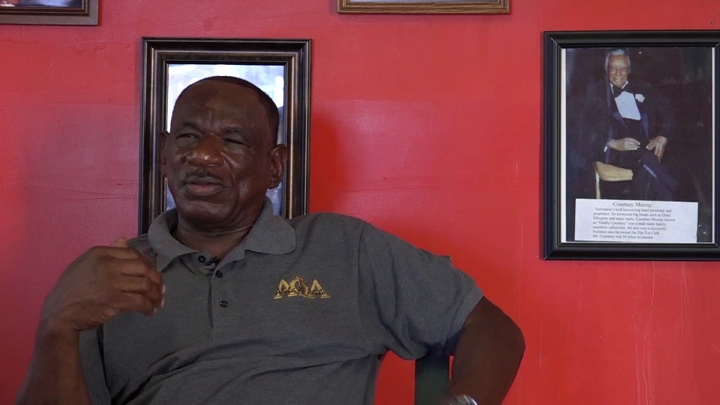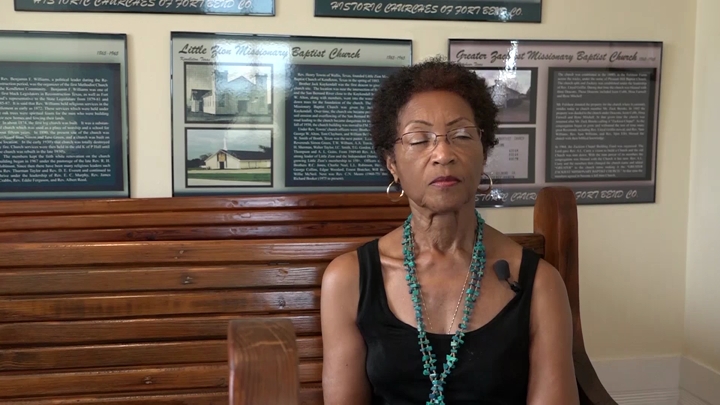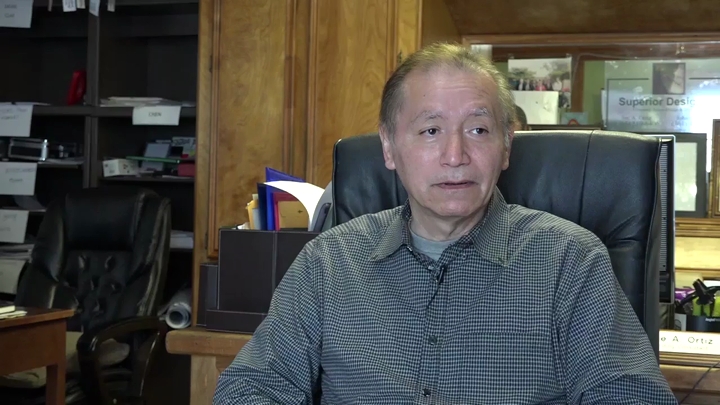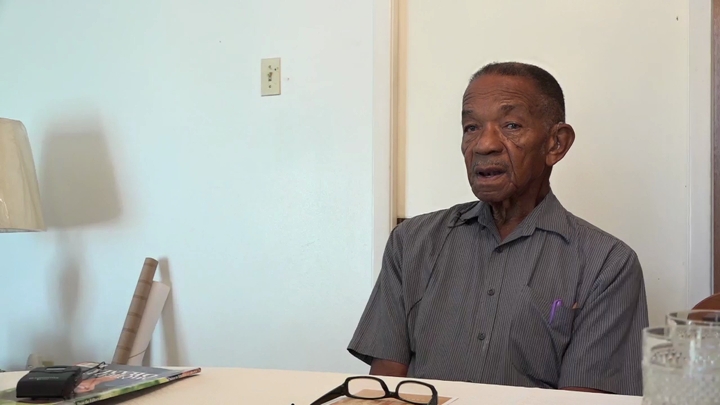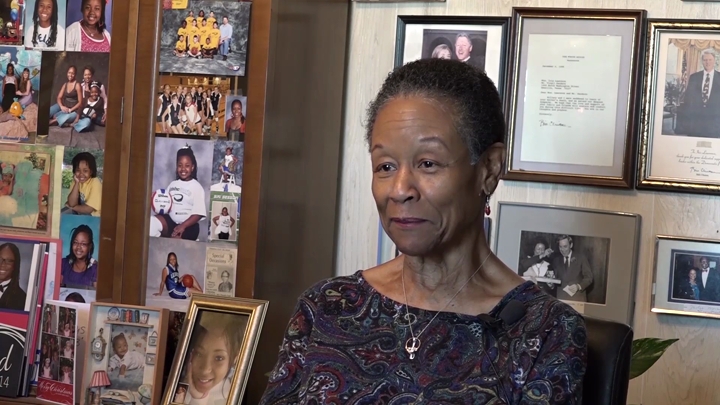Johnson / Family and Shaping His Beliefs
sign up or sign in to add/edit transcript
Interviewer: Did you know your grandparents very well? Johnson: I knew my great-grand and of course I knew my grand. Both sides. I think one of the things that helped form my opinion was that each time my brothers and I—my brother at that time, would go to visit with my great. Inevitably, he pushed education. He wanted us to get an education. Of course, back then, they had a different way of teaching reading, writing, arithmetic. He thought ours was foreign. What I remember most about my great-grandfather was that every time we went to visit with him he told us about how he stood at the fence and watched his mother go one way and his father go another way. He always had a kind of a smile on his face. I wanted to say, “Grandpa, you need to hate! You need to cuss them! Do something!” I think he assumed that that would be detrimental to him. There was nothing he could do about it but accept it. I think somehow or other that was a quality that I wanted to—again, don’t let anybody bring me down to hate them. That was a part of my police training in the army. They made me a military police against my will. I thought he had a kind of a virtue in that that for me was very desirable. It helped me form my attitude and opinions about living and other people. I think the basis of it was from this great-grandfather. Didn’t realize it, of course, until I got much older that hey, grandpa was onto something because as they pointed out in the police if—I guess how it came up that here’s a black trying to arrest a white person and he gets out and he calls me something ugly and I’ve got the gun and the ability. If my duty is to “Sir, may I see your identification.” Don’t fight because it was understood if I did, I would be in big trouble, but if he didn’t cooperate, he would be in big trouble. The tendency in many incidences is violence, you know. Just over practically nothing. In retrospect, most people regret doing or saying certain thing if only a moment of thought said take the low road, this too shall pass.
| Interview | Interview with James E. Johnson |
| Subjects | Oral Tradition › Oral Tradition of Slavery |
| Family › Family Histories and Traditions | |
| Family › Extended Family Networks | |
| Family › Childhood Experiences | |
| White Resistance to Civil Rights › Hate Crimes and Violence | |
| Police and Law Enforcement › Black Employment in Law Enforcement | |
| Military | |
| Tags | sign up or sign in to add/edit tags |
| Interview date | 2015-07-21 |
| Interview source | CRBB Summer 2015 |
| Interviewees | Johnson, James E. |
| Interviewers | Acuña-Gurrola, Moisés |
| Bynum, Katherine | |
| Duration | 00:03:56 |
| Citation | "Family and Shaping His Beliefs ," from James E. Johnson oral history interview with Moisés Acuña-Gurrola and Katherine Bynum, July 21, 2015, Prairie View, TX , Civil Rights in Black and Brown Interview Database, https://crbb.tcu.edu/clips/715/family-and-shaping-his-beliefs, accessed March 01, 2026 |


